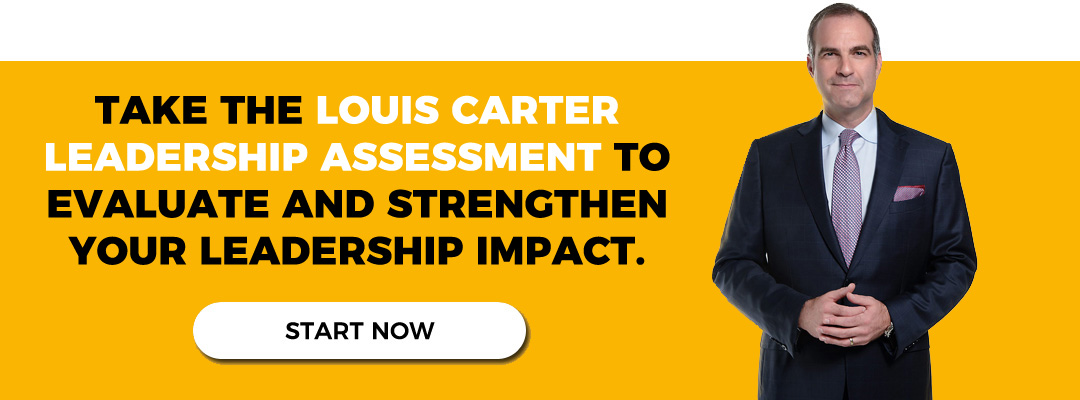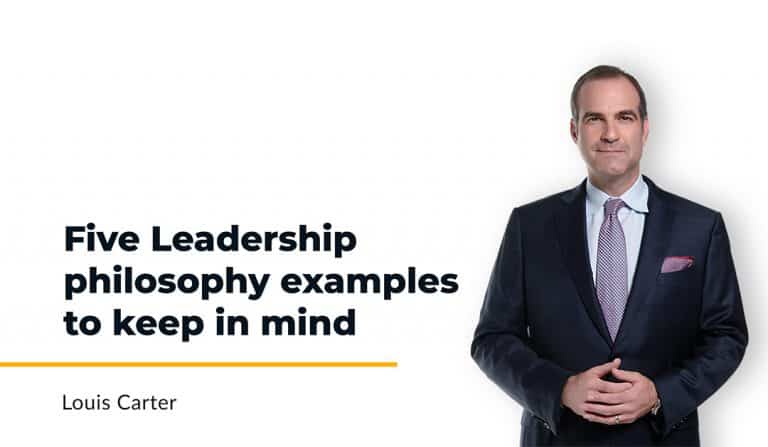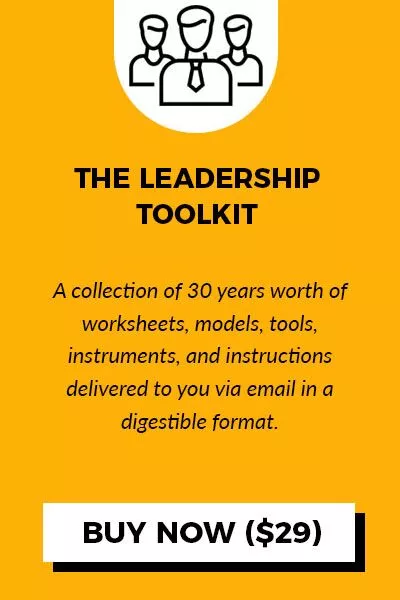Mentorship significantly improves early-career retention and satisfaction. A global Universitas Negeri Surabaya study found that mentored employees stay 68% longer and report up to 20% higher job satisfaction than those without mentors.
Employees with mentors earn promotions five times faster, while mentors themselves are up to six times more likely to advance into leadership roles.
Both Millennials and Gen Z view mentoring as critical to career success. Deloitte research shows 79% consider it essential, and mentored employees are twice as likely to stay with their organization for five years.
Leaders must be prepared to guide younger generations effectively. Research from Wroclaw University of Economics and Business shows that mentoring Gen Z requires a distinctly different approach than previous generations.
While Millennials adapted to traditional mentorship models, Gen Z often thrives under a more structured approach — reducing turnover by 20–25% and increasing engagement by up to 12%, making mentoring a measurable business asset.
Designing Effective Mentorship Programs for New Talent
Effective programs start with clear objectives — whether onboarding, accelerating career growth, or building leadership pipelines. These goals guide mentor selection, matching criteria, and measurement protocols.
Everise, certified as a Most Loved Workplace®, runs a structured mentorship program focused on early-career employees. New hires are paired with experienced “guides” within their first month, each trained in career development, coaching techniques, and structured mentorship skills.
The program establishes clear milestones: monthly check-ins, quarterly career goal reviews, and program capstones where mentors and mentees showcase growth. The approach ensures consistent support, structured progression, and measurable outcomes aligned with engagement objectives.
Everise measures program success using engagement surveys and retention rates. In 2024, mentees reported 18% higher engagement scores and a 14% increase in year-one retention compared to non-mentees. This proves that structured mentoring directly strengthens both loyalty and performance.
This program demonstrates best practices—trained mentors, clear timelines, measurable outcomes, and a direct link between mentoring and retention—making mentorship a strategic investment with measurable ROI.
Peer & Reverse Mentoring: Expanding Influence and Engagement
Peer mentoring offers a scalable peer-led model. Studies show early-career employees paired with peers adapt faster, build stronger emotional connections, and stay longer.
Reverse mentoring places new and diverse professionals in advisory roles for senior leaders. This model expands exposure and places young professionals in seats of influence. It aligns with broader industry trends documented among corporations like PwC and British Airways.
Everise includes both peer and reverse models within its early-career programs, enabling two-way learning and positioning young professionals as strategic contributors.
These integrative mentoring forms drive professional visibility and organizational agility across career levels.
Become a Most Loved Workplace®
Get certified and join the ranks of the world’s most respected workplaces. Build a culture your team will love.
Get Certified Now
Training Mentors to Strengthen Influence and Consistency
Research from Maastricht University suggests that mentors benefit enormously from structured training. Evidence shows 76% of effective mentorship outcomes follow when mentors receive formal training.
Training should include active listening, developmental goal-setting, feedback methods, and boundary clarity. Again, this can be seen in Everise’s approach as it combines such training at program launches to standardize mentor readiness.
Mentor peer circles help reinforce fidelity. These sessions build shared learning quality and prevent burnout among mentors as mental models converge. Strong mentor support ensures young professionals receive consistent development experiences, enhancing retention and internal progression.
Poorly matched pairs often lead to disengagement, making effective matching a critical success factor. Data indicates that carefully matched mentoring relationships improve retention by up to 25% .
Everise uses survey-based matching tools to align mentees with mentors based on shared domain interests, career goals, and communication preferences. Successful programs invite feedback loop reviews, allowing for re-matching if chemistry or objectives wane.
Measuring Mentorship ROI Through Quantitative Metrics
Linked data transforms mentoring into business strategy. Metrics such as promotion speed, retention rates, skills acquisition, and engagement scores offer evidence of program success.
Studies suggest organizations with strong mentoring frameworks see up to 20% increase in employee engagement and 20–25% lower turnover. Everise sets itself up perfectly for this by tracking promotion data comparing mentees vs non‑mentees, showing early‐career acceleration in line with retention improvements.
Use dashboards and pulse surveys to collect mentor-mentee experience and goal progression data. These insights ensure continuous improvement and institutional learning.
Mentorship should extend beyond program timelines and be embedded into organizational culture. Leaders should integrate mentoring into leadership KPIs, reward mentor efforts, and publicly celebrate success stories.
Senior executives can share their mentorship experiences to signal importance. This modeling normalizes mentoring as a leadership responsibility. When mentoring is recognized and rewarded, it evolves beyond policy into organizational identity. That shifts perception from optional to essential for leadership development and talent retention.
Enhancing Retention Through Psychological Safety
Young professionals thrive when mentorship offers psychological safety. Mentored individuals report higher trust, resilience, and willingness to take risks.
Mentor onboarding must clarify confidentiality, vulnerability norms, and non-judgmental support mechanisms. Leaders encouraging authentic stories from early career journeys help mentees feel seen and understood.
A culture rooted in safety promotes retention, helps retain new talent through early transition challenges, and supports long-term performance. This requires comprehensive training for leaders and mentors to build stronger connections, foster trust, and create a thriving workforce.

Take the Louis Carter Leadership Assessment to evaluate and strengthen your leadership impact.






